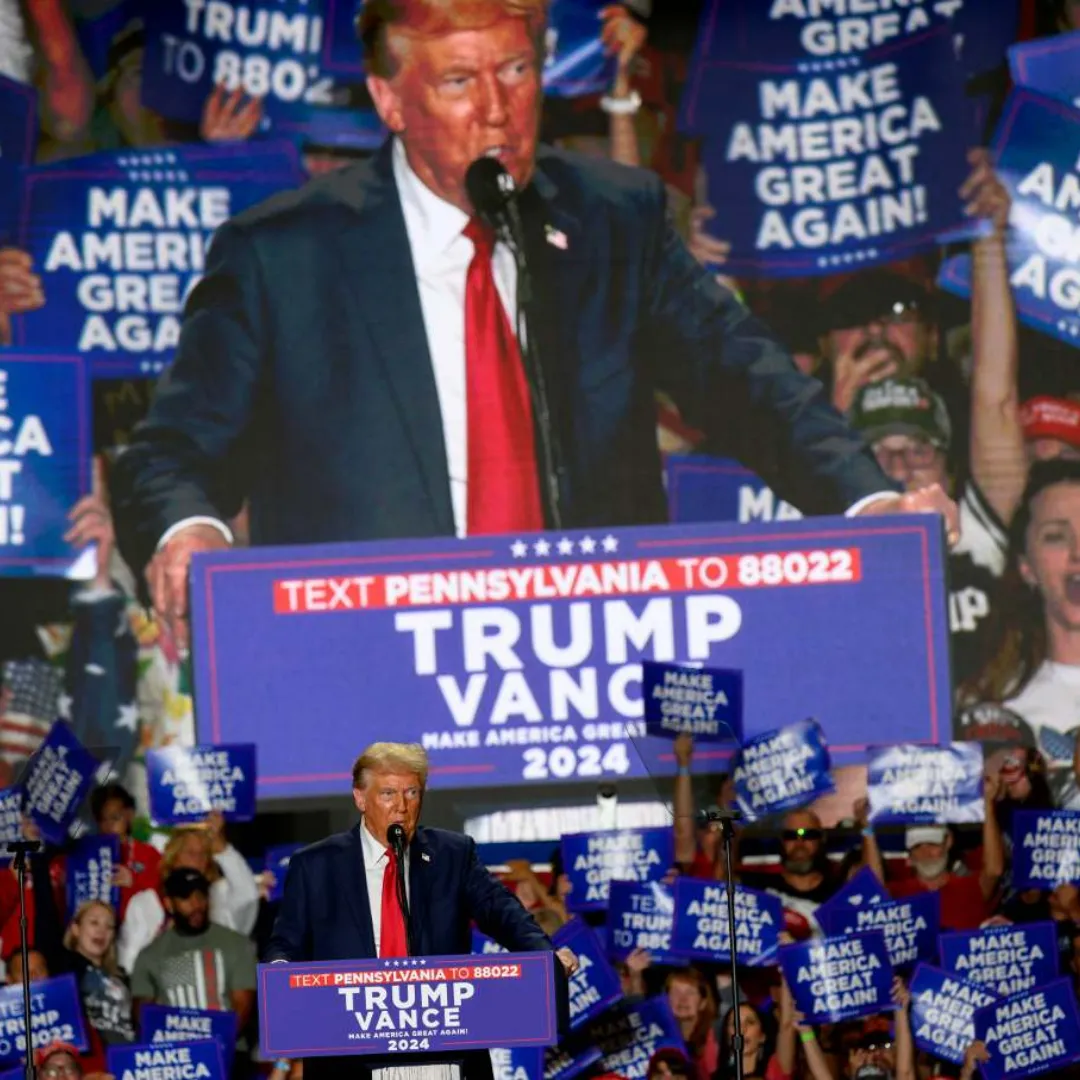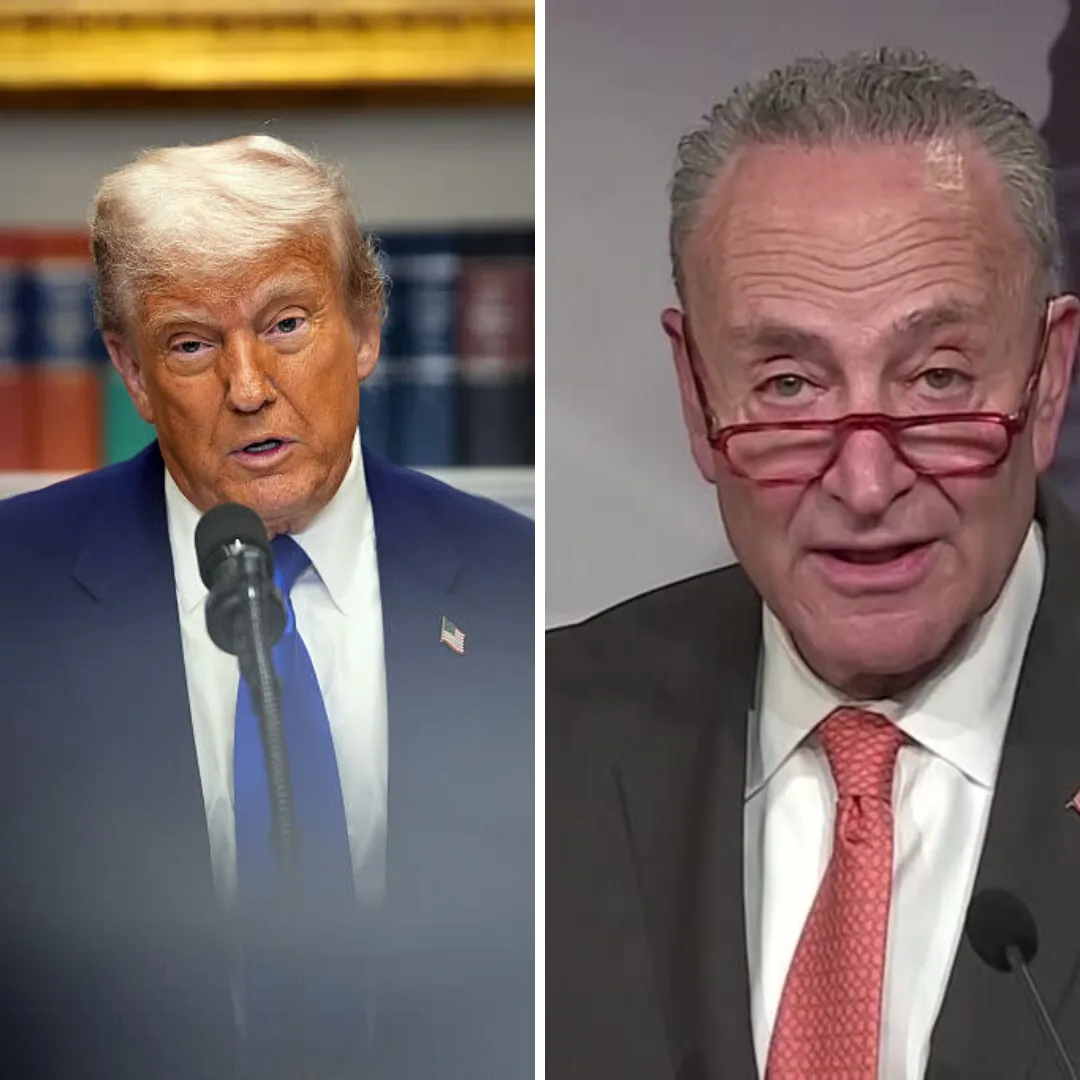
Health and Human Services Secretary Robert F. Kennedy Jr. found himself at the center of a controversy on Thursday, where he was asked whether he was being controlled, to which he responded by describing himself as a "renegade."
His statement came in the context of a growing dispute involving his former presidential running mate, Nicole Shanahan, who recently accused him of being "controlled" by someone.
Although Kennedy did not provide a direct answer to this specific claim, his response highlighted his frustration with the situation.
The issue at the heart of the controversy concerns President Donald Trump’s newly nominated surgeon general, Casey Means, who has ties to Kennedy and is an ally of the "Make America Healthy Again" community.
This connection, combined with Shanahan’s accusations, has led to a growing public discussion about Kennedy’s independence and the true nature of his political affiliations.
Kennedy’s remarks were made during an interview on Fox News' Special Report with Bret Baier. When Baier questioned him about Shanahan's comments on social media, Kennedy initially deflected the question, instead drawing attention to a broader context.
"Listen, you’ve got sitting here four people who were all canceled during Covid,” Kennedy said, pointing out that he was not the only figure involved in the situation.
He referred to his allies Mehmet Oz, Marty Makary, and Jay Bhattacharya, who had also been vocal critics of conventional public health responses during the pandemic. These individuals, along with Kennedy, were part of the interview panel.

Kennedy went on to describe the entire leadership of this movement, which he is part of, as "renegades." He emphasized that the individuals involved in this cause are all working against conventional wisdom and seeking truth at whatever cost, regardless of the consequences.
"The entire leadership of this agency are renegades who are juggernauts against convention and who are trying to look for truth, no matter what the cost," Kennedy explained. “Casey is among those,” he added, referring to Means, who is aligned with his views.
The controversy intensified when Shanahan, in a post on the social media platform X (formerly Twitter), criticized the announcement of Means’ nomination.
She called it “strange” and added that she had been “promised” that neither Casey Means nor his brother, Calley Means, who also holds a separate post in the administration, would be appointed to Health and Human Services (HHS) or given any other positions in the administration if she supported Kennedy’s Senate confirmation.
“I was promised that if I supported RFK Jr. in his Senate confirmation, neither of these siblings would be working under HHS or in an appointment (and that people much more qualified would be),” Shanahan wrote in her post.
She then expressed confusion and frustration about the situation, suggesting that Kennedy had lied to her or that there were other forces at play. “I don’t know if RFK very clearly lied to me, or what is going on,” Shanahan added, further complicating the situation.
Shanahan’s claims suggested that there was a deeper issue behind the scenes, particularly concerning Kennedy’s relationship with Means. She made it clear that her concerns had intensified over recent conversations in which it became apparent that Kennedy was being influenced by someone who was regularly controlling his decisions.

“It has been clear in recent conversations that he is reporting to someone regularly who is controlling his decisions (and it isn’t President Trump),” Shanahan stated, implying that Kennedy’s independence and judgment were being compromised by an outside influence.
Baier concluded the segment by summarizing what he saw as Kennedy’s answer to the question, which had been vague and somewhat evasive. While Kennedy did not directly address Shanahan’s accusations, his remarks about being a "renegade" and part of a group challenging the establishment seemed to be a defense of his actions and positions.
His comments did little to clarify the underlying tensions but served to reinforce his image as someone who is willing to stand against the grain, no matter the cost.
As the controversy surrounding Kennedy and Shanahan’s relationship continues to unfold, it has sparked further debate about Kennedy’s political independence and the nature of his alliances.
The situation is complicated by his support of Means’ nomination, as well as his involvement in broader political movements that challenge mainstream narratives on public health and government authority.
The tensions between Kennedy and Shanahan raise questions about loyalty, trust, and the extent to which political figures can remain independent while navigating the complex web of alliances, promises, and pressures within the political sphere.
Shanahan’s accusations of manipulation and control highlight the difficulties that arise when political allies and former partners disagree, especially when there are conflicting interests at play.
Kennedy’s self-description as a "renegade" aligns with his long-standing image as a political outsider, someone who has consistently positioned himself against the establishment.

Throughout his career, he has advocated for a wide range of causes, including environmental protection and vaccine safety, often challenging conventional thinking and drawing ire from mainstream political figures and institutions.
This latest episode only adds to his persona as someone who refuses to conform, even when faced with significant opposition.
However, the ongoing feud with Shanahan and the accusations of being “controlled” by an outside force could pose a significant challenge to Kennedy’s credibility.
In the world of politics, where alliances are crucial and loyalty is often tested, questions about whether Kennedy is truly independent or influenced by others could have lasting implications for his political future.
The situation is further complicated by his involvement in the Trump administration’s health care policies, which have already attracted considerable scrutiny.
Kennedy’s role in the nomination of Casey Means, a figure who shares many of his views on health and government control, has made him a central figure in this ongoing political drama.
While Means’ nomination may have seemed like a natural progression for someone aligned with Kennedy’s views, the backlash from Shanahan and others highlights the complexities of navigating political relationships in the current climate.
Despite the drama surrounding his actions, Kennedy remains steadfast in his defense of his positions. He has continued to challenge conventional wisdom and call for greater scrutiny of the health care system, even as he faces increasing scrutiny from those within his own political circles.
His ability to remain true to his beliefs in the face of mounting pressure will likely determine his political future and the trajectory of his movement.
In conclusion, the controversy surrounding Robert F. Kennedy Jr. and his relationship with Nicole Shanahan is far from resolved. The accusations of being “controlled” are just one aspect of a larger political narrative that involves shifting alliances, conflicting interests, and the struggle for control over the future of health policy in America.
Whether Kennedy’s self-declaration as a “renegade” will be enough to maintain his political influence or whether the allegations of manipulation will undermine his credibility remains to be seen.
However, what is clear is that Kennedy’s willingness to stand up against the establishment, even at the cost of alienating allies, will continue to shape his legacy in the world of politics.



